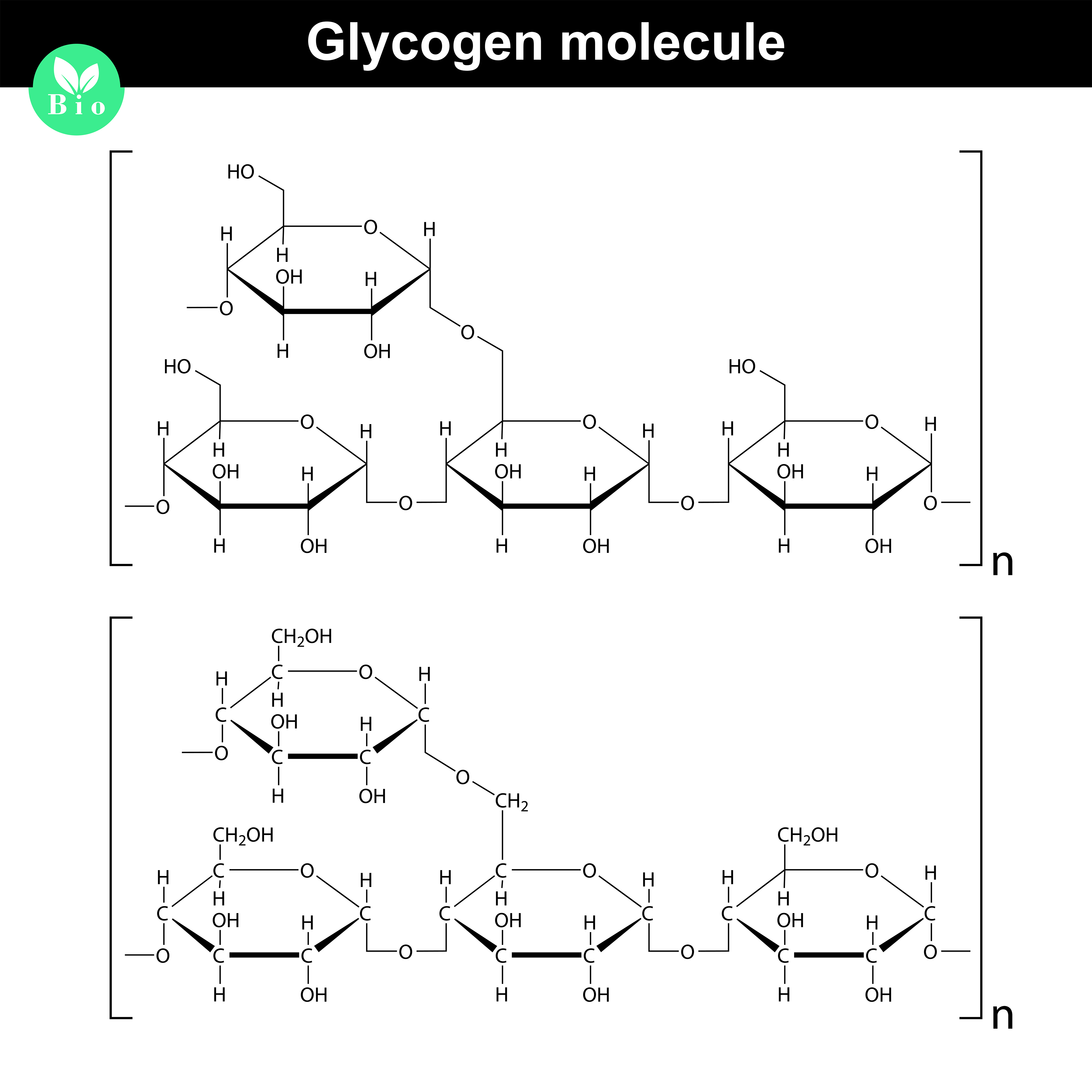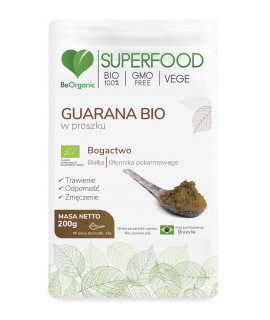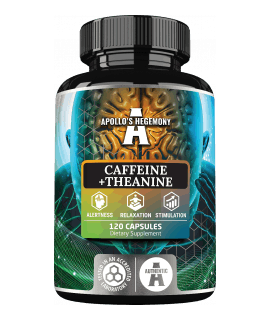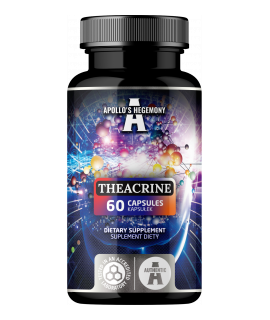A lot of scientific pieces of work have already been written about the health properties of coffee. I have also been able to emphasize in the previous articles that it is even a drink of the gods, which increases vigilance, reduce the pain perception, speeds up the reaction rate, and at the same time supports health. Regular consumption of coffee not only does not cause hypertension but can even lower it! It also acts as a preventive to cardiovascular diseases, minimizes the risk of cancer (especially liver cancer), and also reduces the risk of death!
But how about post-workout regeneration?
Today I would like to draw your attention to the regeneration of glycogen resources and the impact of coffee/caffeine on this process. As you know - glycogen is the basic readily available energy reserves in our body.
Yes, we have ATP, phosphocreatine, etc. but taking into account the more effective storage, we still have glycogen and, in the long run, adipose tissue. Adipose tissue is not that easy to obtain energy from and sometimes you have so low amount of fat in your body that for an organism it could be dangerous to get energy from it, so, the effective replenishment of glycogen reserves is the goal of most athletes, especially those overcoming more intensive efforts.
Often the rate of glycogen resynthesis between training units determines the obtained form, and as a result – the final competition or training result. When you are training recreationally 3-4 times a week, and at the same time your diet is full of carbohydrates - the problem with insufficient glycogen reserve certainly does not apply to you. However, more serious training, often taking place 2-3 times a day, require special focus on this aspect.

Ambiguous but promising results
The first reports of this type date back to 2004, so they are not so fresh at all. The Battram team has documented that caffeine intake, at high doses, did not affect glycogen resynthesis within 5 hours of exercise, providing high carbohydrate intake. Higher blood glucose levels were also noted during exercise.
Later experiments went a step further - the consumption of high doses of caffeine (8mg of caffeine per kilogram of body mass) led to the acceleration of glycogen resynthesis. At the same time, there were no negative consequences in terms of resonance of ATP and phosphocreatine.
There are also reports in which the supply of caffeine does not contribute to the improvement of glycogen resynthesis (Battram et al. document a total lack of caffeine effects, not taking even in account improving glycogen resynthesis). Dutch scientists, under the direction of Bellen observed, for example, that the addition of caffeine (1.7mg of caffeine per kilogram of body mass) or protein (more specifically protein and leucine) in the amount of 0.3g per kilogram of body mass for the post-workout portion of carbohydrates (1.2g/kg) does not significantly affect the recovery of glycogen resources.
Summary
Remember - due to the fact that the results of the addition of high doses of caffeine for glycogen resynthesis do not give conclusive results - they should not be taken for granted. Little coffee is healthy, but it does not always have to work in a particular context and in your organism’s specific case.









